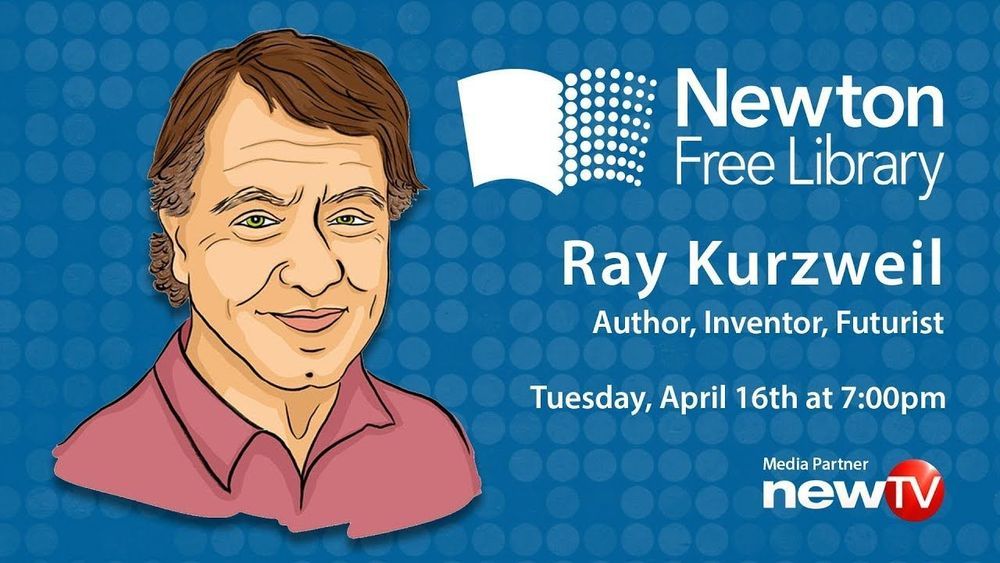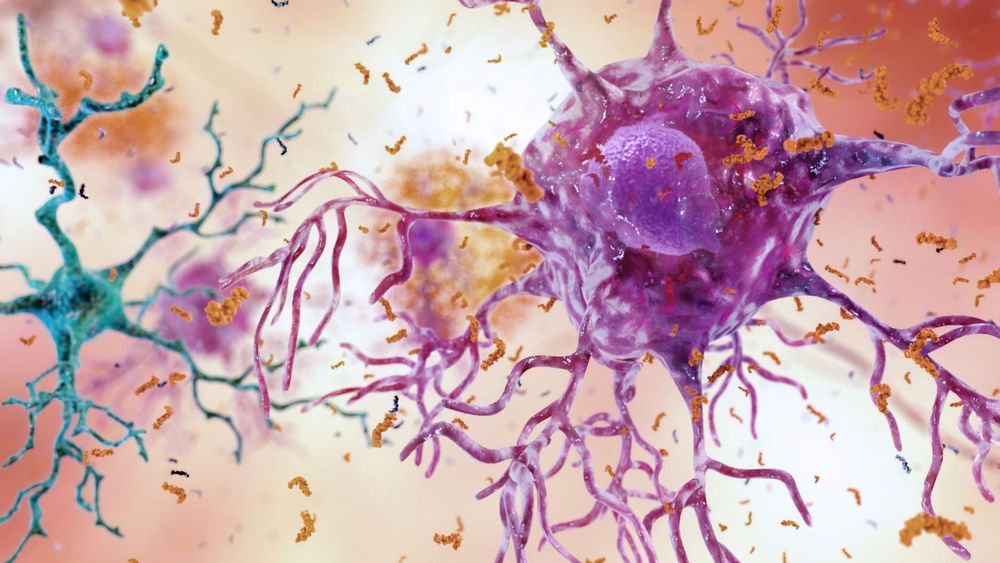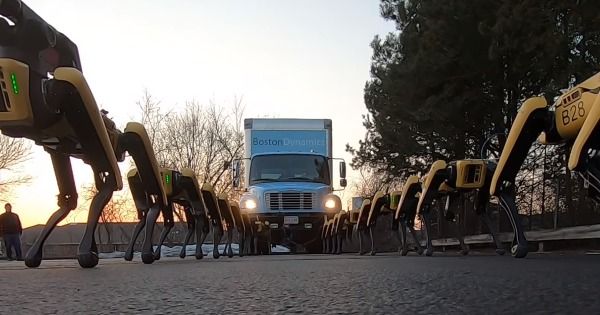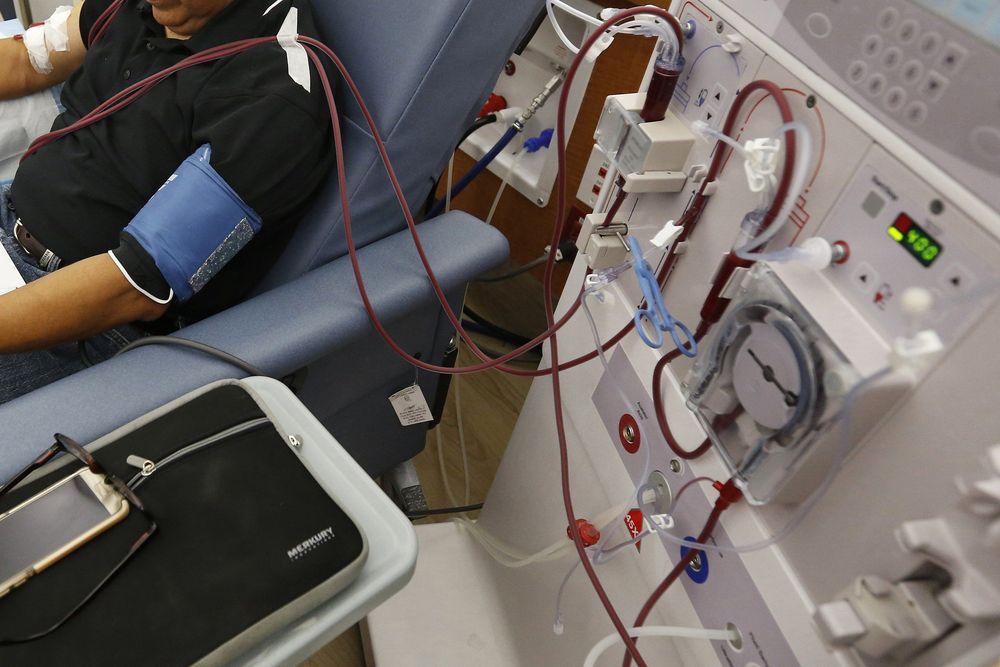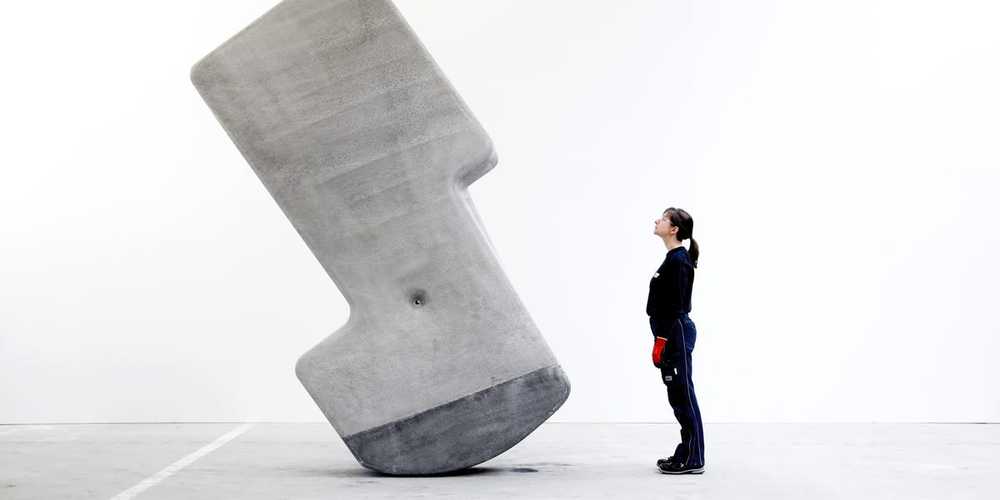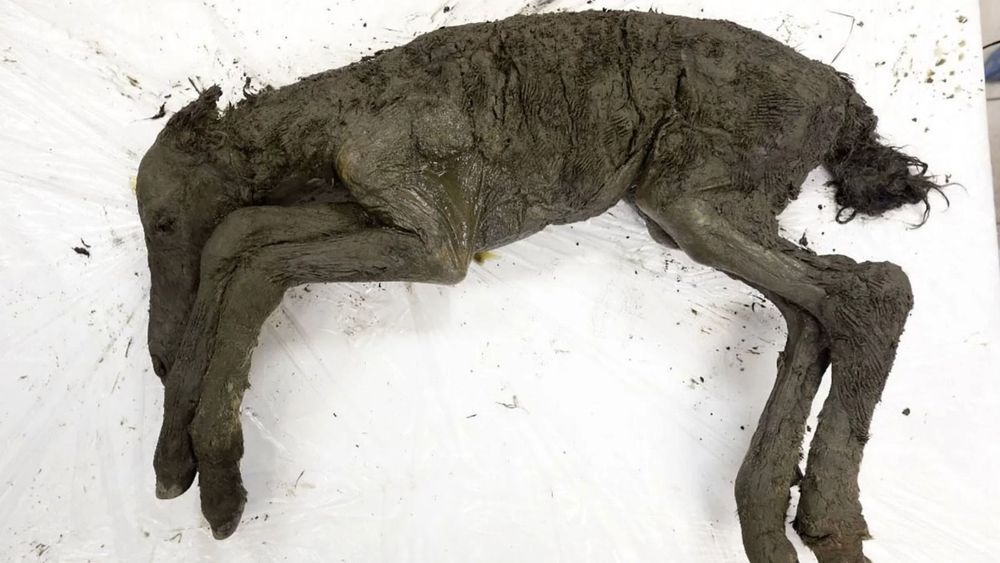
The farther you get from the equator, the less effective solar panels become at reliably generating power all year round. And it’s not just the shorter spans of sunlight during the winter months that are a problem; even a light dusting of snow can render solar panels ineffective. As a result of global warming, winters are only going to get more severe, but there’s at least one silver lining as researchers from UCLA have come up with a way to harness electricity from all that snow.
The technology they developed is called a snow-based triboelectric nanogenerator (or snow TENG, for short) which generates energy from the exchange of electrons. If you’ve ever received a nasty shock when touching a metal door handle, you’ve already experienced the science at work here. As it falls towards earth, snowflakes are positively charged and ready to give up electrons. In a way, it’s almost free energy ready for the taking, so after testing countless materials with an opposite charge, the UCLA researchers (working with collaborators from the University of Toronto, McMaster University, and the University of Connecticut) found that the negative charge of silicone made it most effective for harvesting electrons when it came into contact with snowflakes.
Read more
